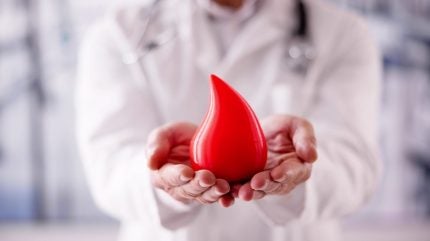
US-based 2seventy bio has completed an asset purchase agreement (APA) to divest its haemophilia A candidate to Novo Nordisk.
2seventy bio will potentially receive up to $40m under the deal, which brings an end to a research agreement established between the companies in 2019. The deal focused on developing a gene editing therapy for people with haemophilia A.

Discover B2B Marketing That Performs
Combine business intelligence and editorial excellence to reach engaged professionals across 36 leading media platforms.
Haemophilia is a rare disorder in which blood does not clot in a typical way because it doesn’t have enough blood-clotting proteins.
Novo Nordisk will also receive rights to 2seventy’s MegaTAL in vivo gene editing technology for its applications in projects other than those involving oncology and autoimmune disorders.
2seventy bio team members currently involved in the program will join Novo Nordisk to continue advancing the technology.
“Novo Nordisk has been a valued partner over the past five years, and we are confident that under their leadership, the promise of developing a new treatment approach for patients living with hemophilia A will continue to progress,” commented 2seventy bio CEO Chip Baird.

US Tariffs are shifting - will you react or anticipate?
Don’t let policy changes catch you off guard. Stay proactive with real-time data and expert analysis.
By GlobalData2seventy bio has said it will now focus exclusively on the continued development and commercialisation of Abecma (idecabtagene vicleucel), its BCMA-targeted chimeric antigen receptor (CAR)-T cell therapy for multiple myeloma (MM), which it developed in collaboration with Bristol Myers Squibb (BMS).
Abecma gained approval from the US Food and Drug Administration (FDA) in April 2024.
An FDA committee voted eight to three in favour of approving Abecma, despite recent controversies surrounding the safety of CAR-T therapies.




